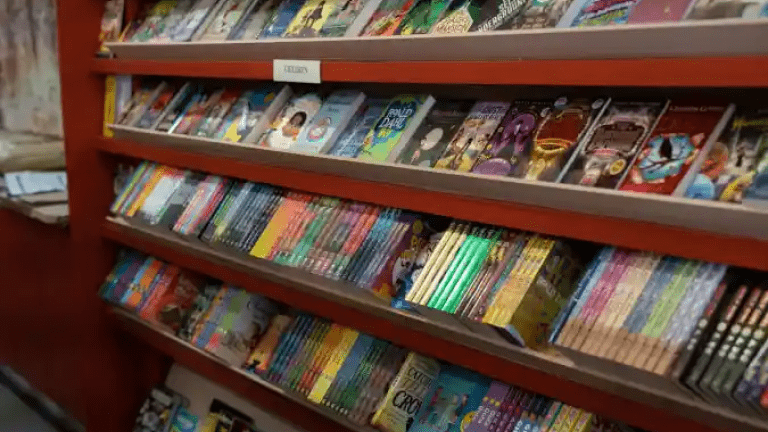One Hundred Days by Alice Pung reviewed by Sophie Staughton
It is hard to imagine that a book so deeply sad as One Hundred Days can turn and recast itself to a place of hope in the final pages. Yet Alice Pung achieves this in a graceful and subtle shift of observation on the acts of motherly love. All told in a first person narrative of mother to child.
As a Western reader, informed by Western notions of parenting and individual autonomy, the teenage protagonist’s mother has, until that point of change, been abhorrent. Lacking in compassion, obsessed with security, twisted with control. The ‘Grand Mar’ of the story is a woman with whom it is difficult to sympathise.
The one hundred days of the title, however, tips its hat to this transformation. Within that time of her daughter’s birth, the protagonist Karuna will start to see what it means to love in a new way. She will shed the eyes of the child and, with her burgeoning confidence in her own mothering, see her own mother anew.
This book touches into so many areas of modern Australian life. From the casual racism of the street, to the web of invisible cultures spun tightly around second generation Australian teenagers.
It beautifully evokes, through the simple act of remembering a childhood birthday party, how a child needs her father. While also showing that the Aussie dad offers little in the way of real support when he slings her a $50 instead of accompanying her to a prenatal appointment.
Alice Pung has thrown a window into a world entirely unfamiliar to me, that of the second generation migrant family living close to the poverty line. Yet it powerfully and persuasively evokes this unfamiliar Australia through the eyes of its young Asian Australian protagonist. This book is luminescent, shining light where it is hard to see.





